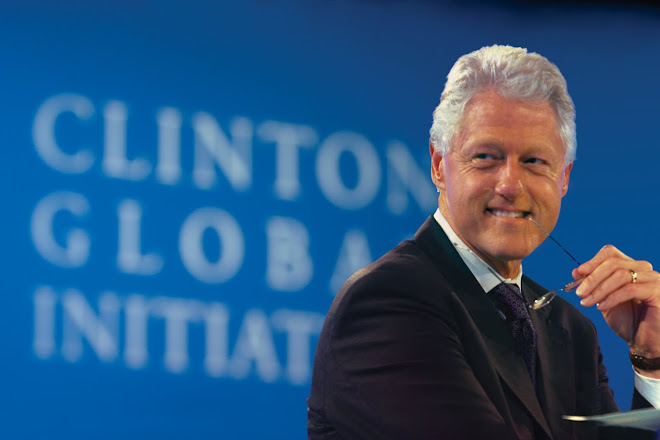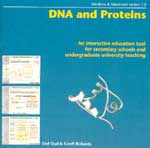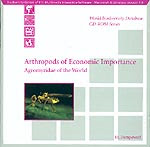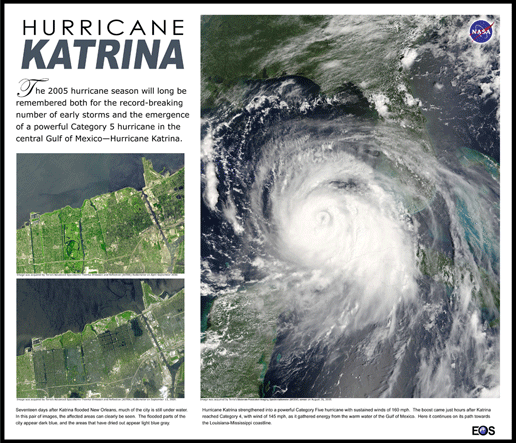Papp: Oil spill affects missions, work-force
By Susan Schept - Staff writer
Posted : Monday Jul 12, 2010 7:42:45 EDT
Efforts to pare active-duty Coast Guard members have been halted temporarily and some missions have been cut back as the service reassesses how to handle the fallout of the Deepwater Horizon oil spill in the Gulf of Mexico, according to Coast Guard Commandant Adm. Robert Papp.
The service has 3,000 people — mostly reservists — stationed in the Gulf, as well as 19 cutters and two dozen aircraft.
The Coast Guard already has gone through its first wave of 2,000 reservists — 25 percent of its total — and has just called for 1,000 more. Reservists can serve only two 60-day intervals and then cannot be recalled for two years.
The active-duty force is being stretched, too. Four flag officers are deployed to the Gulf along with senior leaders and mid-range officers. A servicewide message sent June 22 requested members of the Coast Guard auxiliary to volunteer for at least 30 days. Another message sent eight days later asked for civilian employees who are willing to go to the Gulf for a month of 12-hour days. Volunteers could be sent any time within the next six months, according to the message.
“The Coast Guard does not have [active-duty] people to deploy in cases like this,” Papp said. “We have to take them from commands. … It’s hitting us hard personnel-wise.”
The need for personnel in the Gulf — and the potential to reverse proposed budget cuts — has affected plans to reduce the work force. Starting July 1, the Coast Guard halted early outs because of the situation in the Gulf. Although the service announced that striking programs also would close July 1, that has been changed to Jan. 1 to accommodate personnel who couldn’t complete requirements because they were deployed to the spill.
Because of high retention, the Coast Guard was projected to have more than 1,500 active-duty members beyond what it is funded for by April 2011. Proposed budget cuts for fiscal 2011 required the elimination of 1,112 active-duty billets.
Since the beginning of the year, 700 officers and enlisted members have agreed to take an early out or not re-enlist, which “has met our desired goals and provided some relief,” said Rear Adm. Ronald Hewitt, assistant commandant for human resources, in a servicewide message. However, many of those who chose to leave are junior personnel, meaning the service is becoming top-heavy with first and second class petty officers and chiefs, Papp said.
Because of this, the service might have to use performance boards to allow for accessions and advancements.
“I’d like to stay away from some artificial time-in-service screening tool,” Papp said.
Adding to the complexity, a House panel reinstated the funding needed to keep the status quo in the Coast Guard, eliminating the need to cut 1,112 billets, five cutters, nine aircraft and five of its 12 marine safety and security teams.
“We’re getting mixed signals right now,” Papp said. “If they restore those cuts, and we’ve already taken personnel actions, we’re getting whipsawed.”
Meanwhile, the surge of personnel responding to the oil spill has affected other missions, Papp said. Half of the service’s seagoing buoy tender fleet has been deployed there because they can be used to skim oil. That means that personnel have had to cut back on maintaining aids to navigation, Papp said.
Some cutters and personnel have been pulled away from other operations in the Caribbean Sea, where drug interdiction duties are shared with the Navy and other countries. Migrant interdiction missions also will have to be reduced.
“We just agree to end up accepting additional risk,” Papp said.
Leaders of the Navy League, a nonprofit organization that supports the Navy, Marine Corps and Coast Guard, contend that the Coast Guard should be excluded from the proposed federal budgetary spending freeze, just as the other four armed services are. If anything, funding should be increased for the Coast Guard in light of the oil spill and continued homeland security threats, said Sheila McNeill, chairwoman of the Navy League’s legislative advisory board.
“This is the service that secures our homeland,” she said. “The idea that they could be cut just doesn’t make sense to me.”
Papp: Oil spill affects missions, work-force - Navy News, news from Iraq - Navy TimesPatrick Semansky / The Associated Press Coast Guard commandant Adm. Robert Papp, center, talks with Coast Guard and local officials about the oil spill in Grand Isle, La. Papp said the Coast Guard has had to cut back on other missions and halt some personnel cuts to handle the Deepwater Horizon oil spill in the Gulf of Mexico.






































